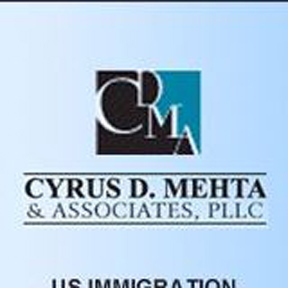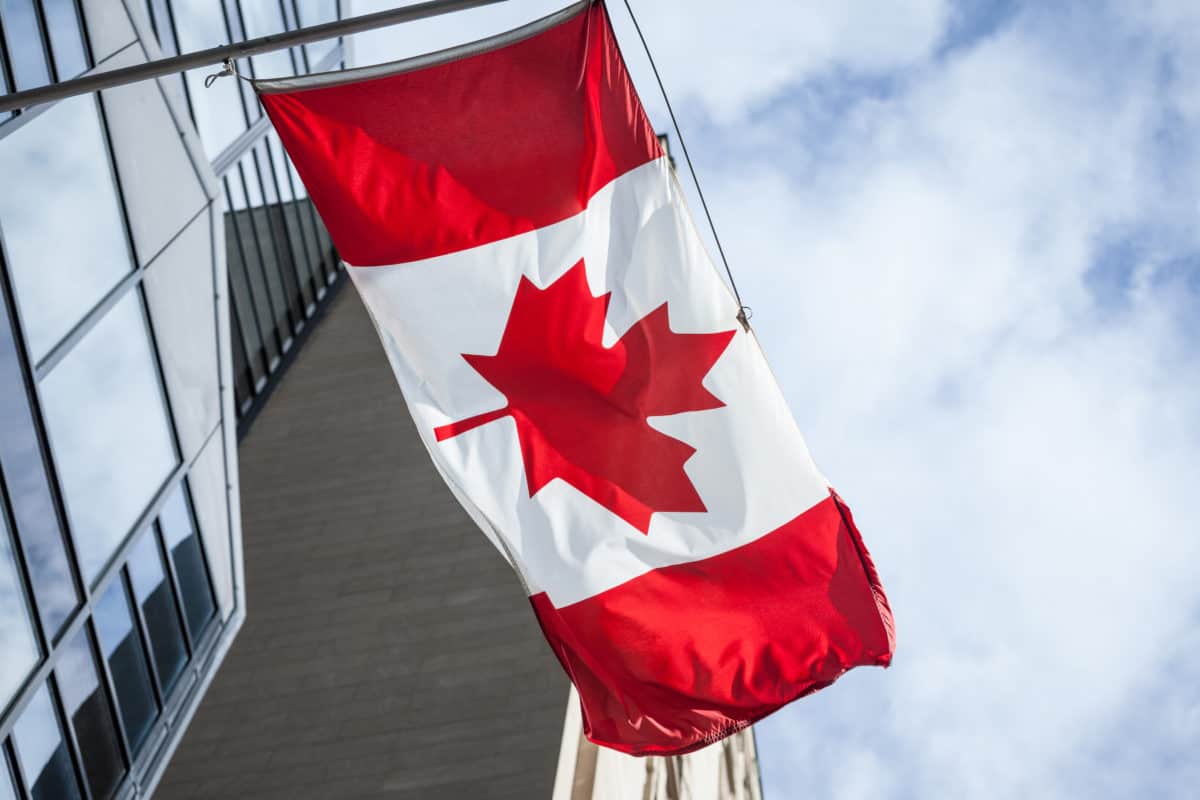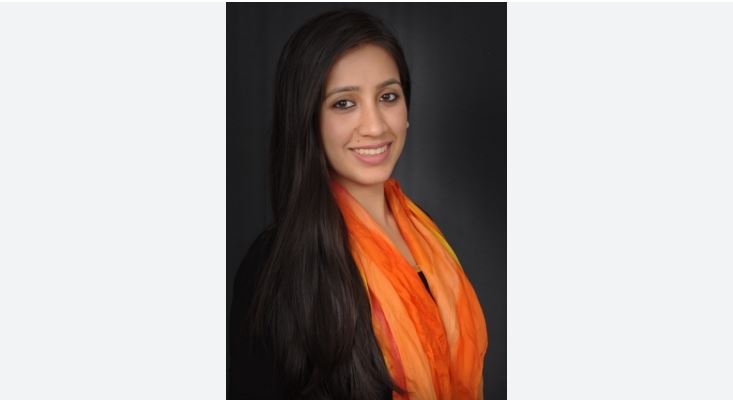 As of June 1, 2014, U.S. Citizenship and Immigration Services (USCIS) is now limiting the validity period for Form I-693, Report of Medical Examination and Vaccination Record, to one year from the date of submission to USCIS.
As of June 1, 2014, U.S. Citizenship and Immigration Services (USCIS) is now limiting the validity period for Form I-693, Report of Medical Examination and Vaccination Record, to one year from the date of submission to USCIS.
Applicants must also submit the I-693 to USCIS within one year of the immigration medical examination. USCIS said it will provide additional ways to submit an I-693. This updated policy applies to any I-693 supporting a benefit application that USCIS adjudicates.
USCIS permits filing of a Form I-485, Application to Register Permanent Residence or Adjust Status, without the medical report. USCIS will issue a request for evidence for the report, which will be valid for submission within one year of the civil surgeon’s signature and valid for one year from submission. Although the medical examination report is generally valid for adjudicatory purposes up to one year after filing, the officer may order an additional immigration medical examination at any time if he or she has concerns about an applicant’s inadmissibility on health-related grounds.
The medical examination report may be submitted to USCIS concurrently with the immigration benefit application, or at any time after filing the application but before adjudication. If not filed concurrently with the application, USCIS “encourages applicants to wait until USCIS requests the medical examination report before submitting it.” This includes a request to bring the medical examination report to the interview.
DHS proposes rule to extend work authorization to certain H-4 dependent spouses of H-1B nonimmigrants
As part of the Obama administration’s efforts to attract highly skilled workers, the Department of Homeland Security (DHS) has proposed extending the availability of employment authorization to certain H-4 dependent spouses of principal H-1B nonimmigrants. The extension would be limited to H-4 dependent spouses of principal H-1B nonimmigrants who are seeking lawful permanent resident status through employment.
The proposed rule includes such spouses of H-1B nonimmigrants who are either the beneficiaries of an approved Immigrant Petition for Alien Worker (Form I-140) or who have been granted an extension of their authorized period of admission in the United States under the American Competitiveness in the Twenty-First Century Act of 2000 (AC21), as amended by the 21st Century Department of Justice Appropriations Authorization Act.
DHS said this regulatory change is intended to lessen any potential economic burden on the
H-1B principal and H-4 dependent spouse during the transition from nonimmigrant to lawful permanent resident status, furthering the U.S. goals of attracting and retaining highly skilled foreign workers.
The lack of employment authorization for H-4 dependent spouses often gives rise to personal and economic hardship for the families of H-1B nonimmigrants the longer they remain in the United States, DHS noted. In many cases, for those H-1B nonimmigrants and their families who wish to remain permanently in the United States, the time frame required for an
H-1B nonimmigrant to acquire lawful permanent residence through his or her employment may be many years.
As a result, DHS pointed out, retention of highly educated and highly skilled nonimmigrant workers in the United States can become problematic for employers. “Retaining highly skilled persons who intend to acquire lawful permanent residence is important to the United States given the contributions of these individuals to the U.S. economy, including advances in entrepreneurial and research and development endeavors, which correlate highly with overall economic growth and job creation,” the agency said.
DHS believes that this proposal would further encourage H-1B skilled workers to remain in the United States, continue contributing to the U.S. economy, and not abandon their efforts to become lawful permanent residents (to the detriment of their U.S. employers) because their H-4 nonimmigrant spouses are unable to obtain work authorization.
DHS said this proposal also would remove the disincentive for many H-1B families to start the immigrant process due to the lengthy waiting periods associated with acquiring lawful permanent resident status.
DHS seeks public comments on the proposed rule. The agency noted that the most useful comments will reference a specific portion of the proposed rule, explain the reason for any recommended change, and include data, information, or authority that support the change.
DHS proposes rule to enhance opportunities for H-1B1, CW-1, and E-3 nonimmigrants and EB-1 immigrants
In another Obama administration effort to attract highly skilled workers, the Department of Homeland Security (DHS) has proposed updating its regulations to include nonimmigrant high-skilled specialty occupation professionals from Chile and Singapore (H-1B1) and from Australia (E-3) in the list of classes of those authorized for employment incident to status with a specific employer, to clarify that H-1B1 and principal E-3 nonimmigrants can work in the United States without having to apply separately to DHS for employment authorization.
DHS also is proposing to provide authorization for continued employment with the same employer if the employer has timely filed for an extension of a nonimmigrant’s stay. DHS proposes this same continued work authorization for Commonwealth of the Northern Mariana Islands (CNMI)-Only Transitional Worker (CW-1) nonimmigrants if a Petition for a CNMI-Only Nonimmigrant Transitional Worker, Form I-129CW, is timely filed to apply for an extension of stay.
In addition, DHS is proposing to update the regulations describing the filing procedures for extensions of stay and change of status requests to include the principal E-3 and H-1B1 nonimmigrant classifications. These changes would harmonize the regulations for E-3, H-1B1, and CW-1 nonimmigrant classifications with the existing regulations for other similarly situated nonimmigrant classifications.
Finally, DHS is proposing to expand the current list of evidentiary criteria for employment-based first preference (EB-1) outstanding professors and researchers to allow the submission of evidence comparable to the other forms of evidence already listed in the regulations.
This proposal would harmonize the regulations for EB-1 outstanding professors and researchers with other employment-based immigrant categories that already allow for submission of comparable evidence.
DHS said it is proposing these changes to the regulations to benefit these highly skilled workers and CW-1 transitional workers by removing unnecessary hurdles that place such workers at a disadvantage when compared to similarly situated workers in other visa classifications.
Cyrus D. Mehta






